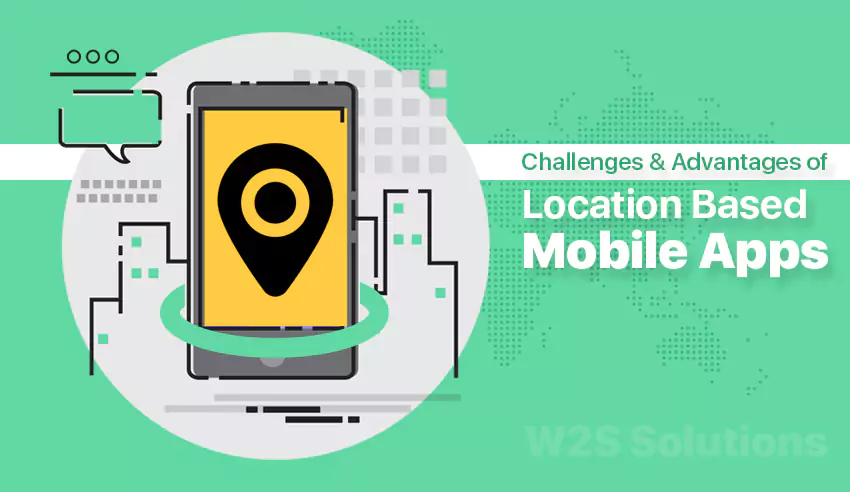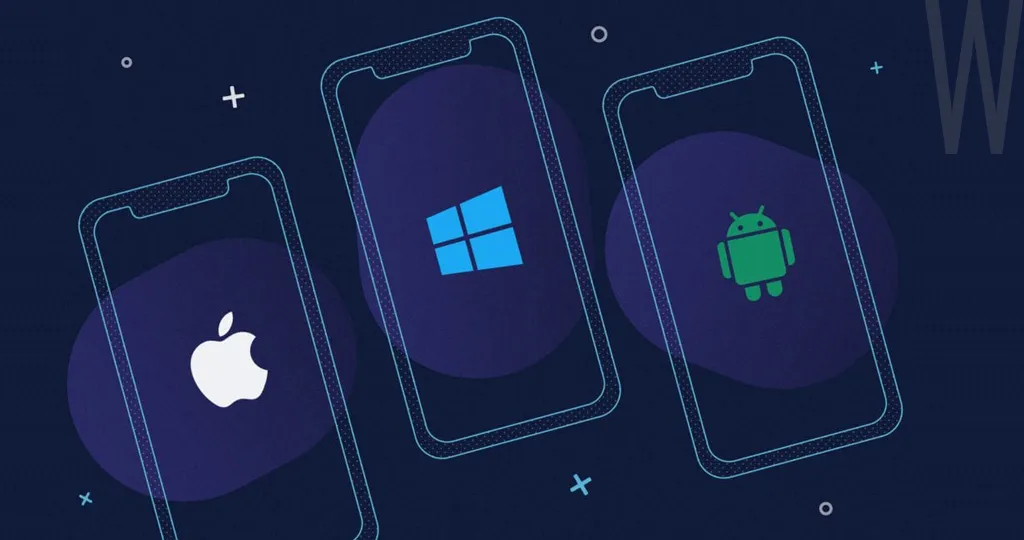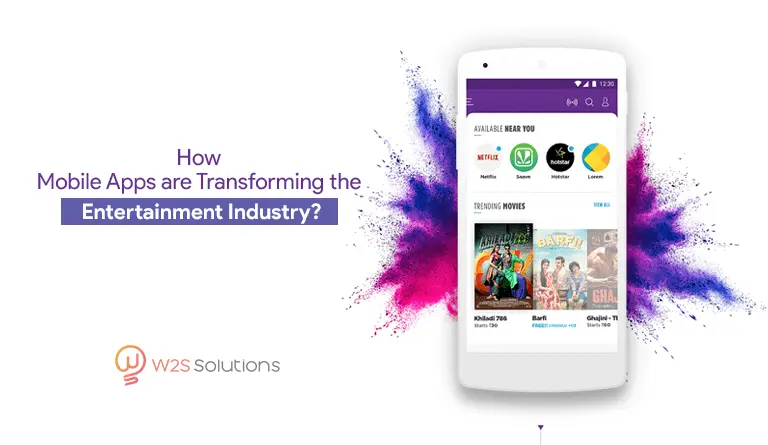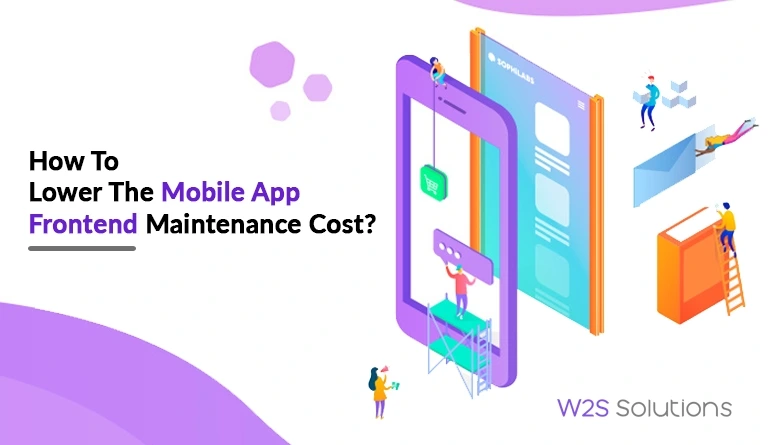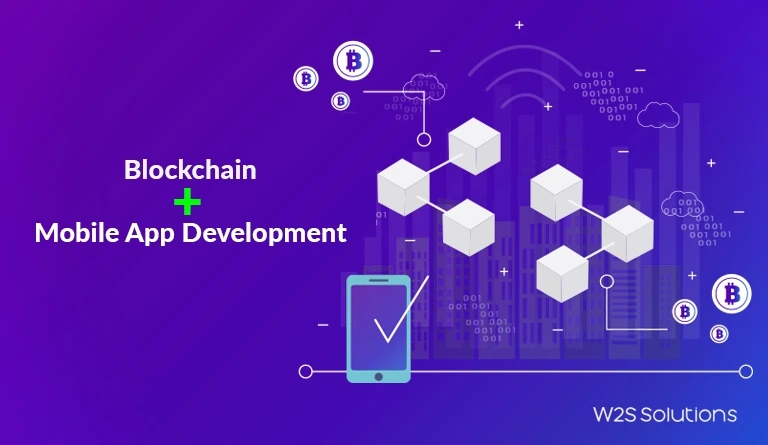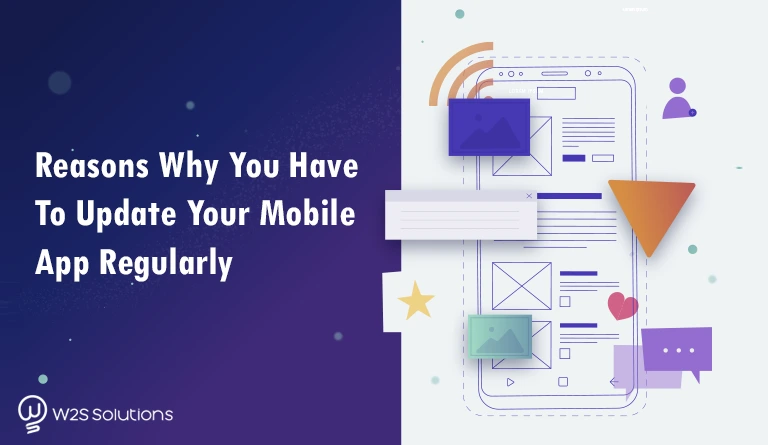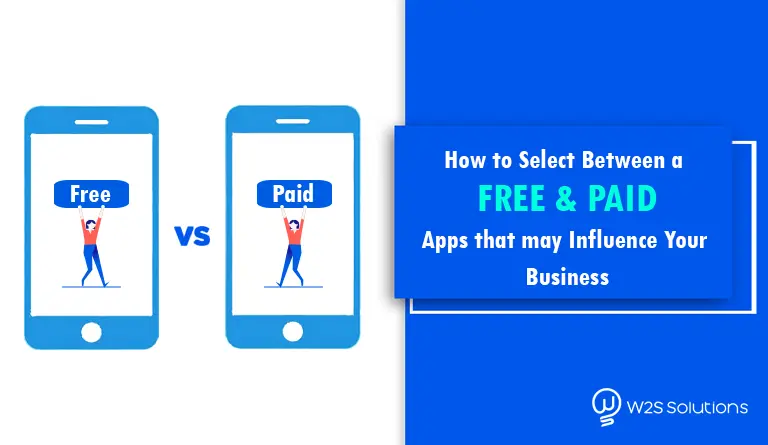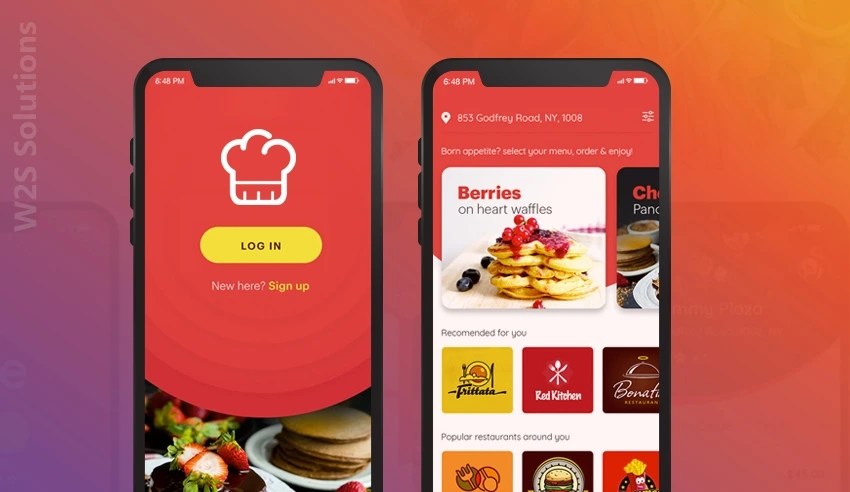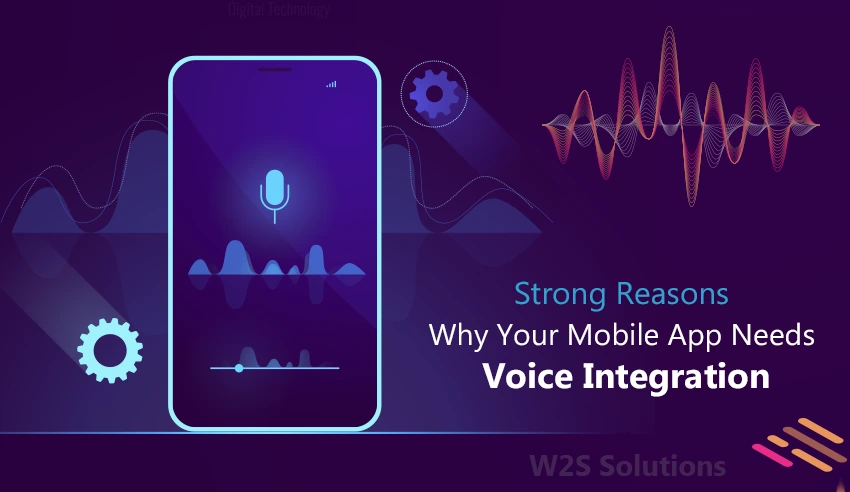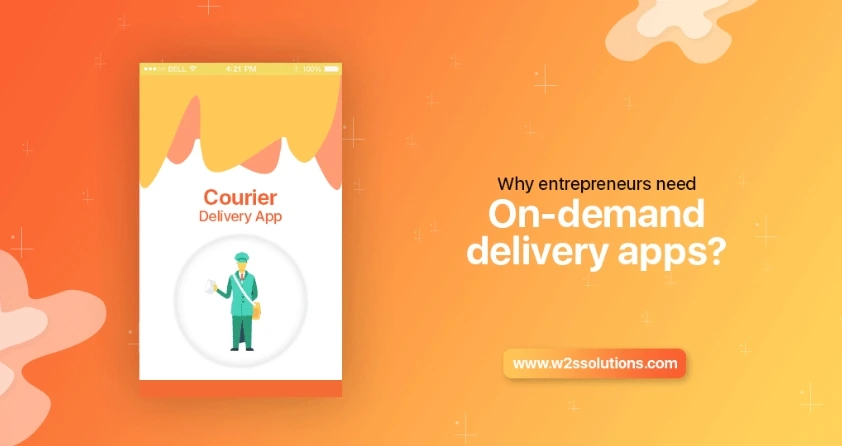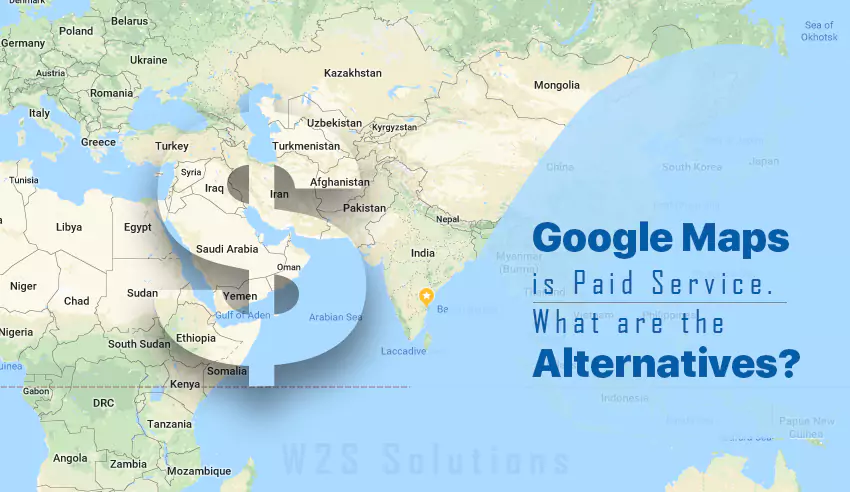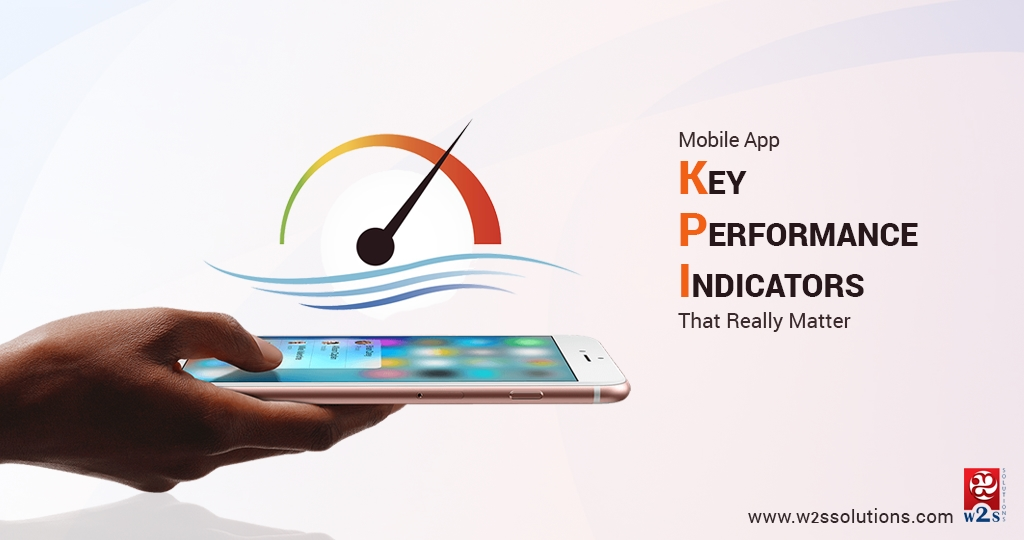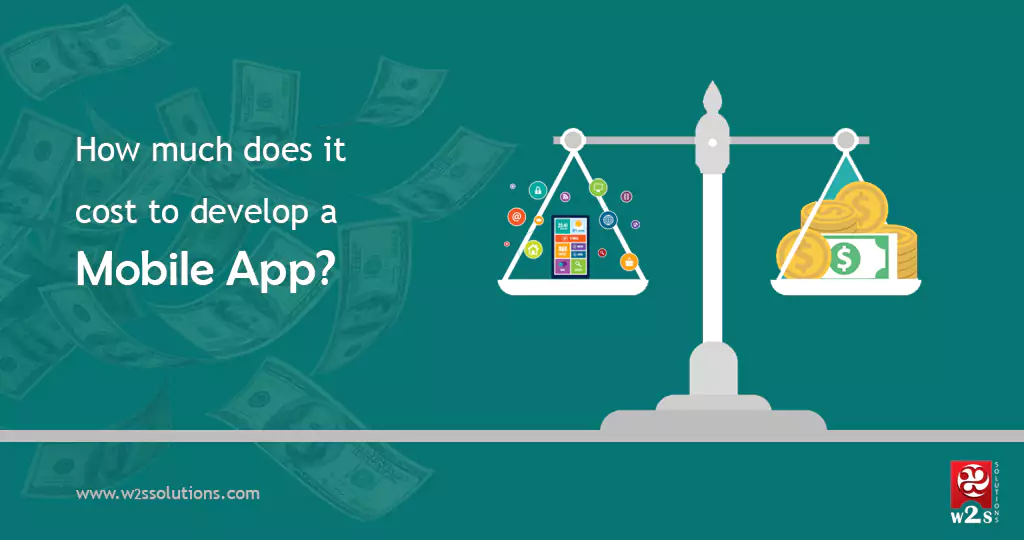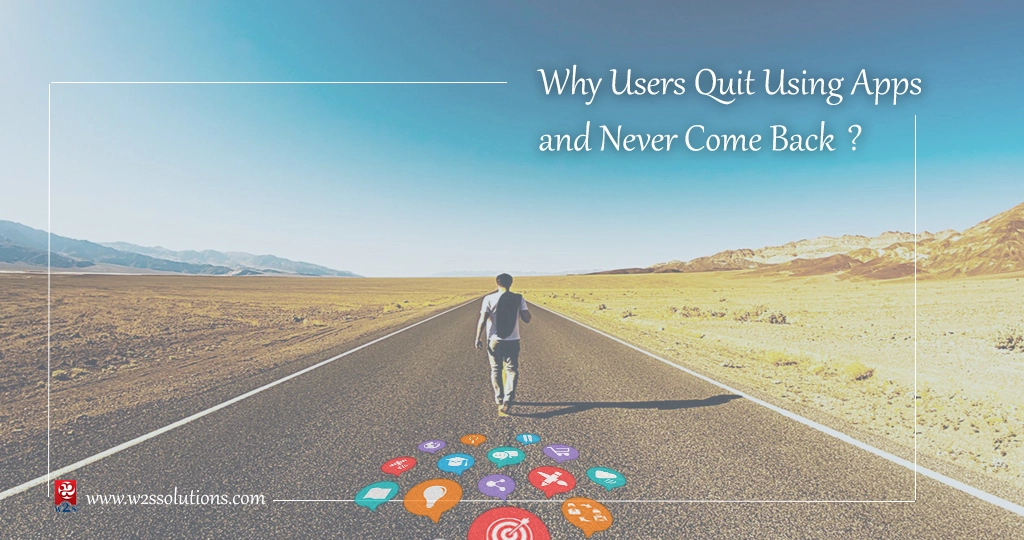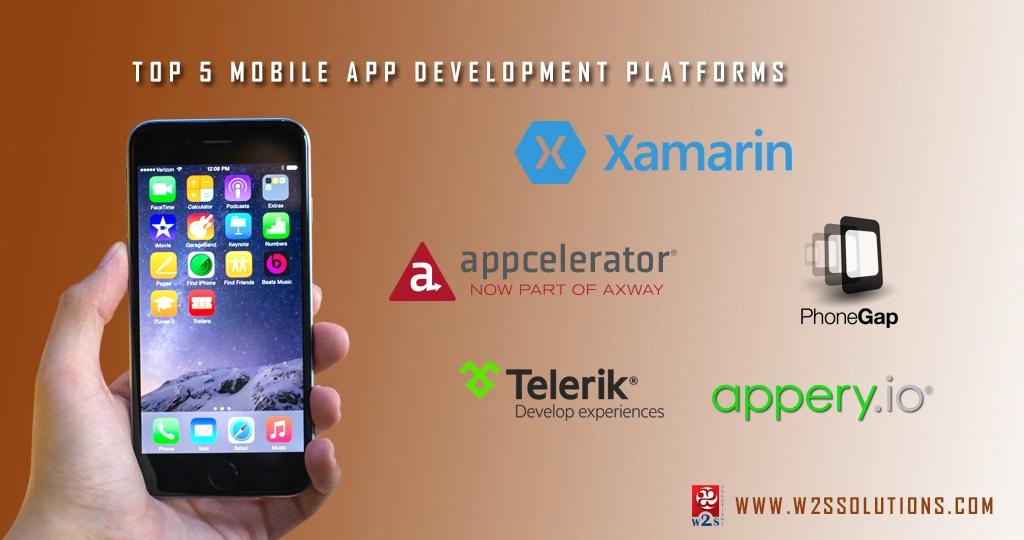The all new level of personalization
Marketing and technology have always evolved hand-in-hand. Marketing rocks the cradle of commerce and business channels. While technology is there supporting and empowering them for larger avenues of success and market growth. Along the way, a lot has been talked and said about how personalization is changing the game of reaching out to your most probable customers. On such a journey, the tech industry has enabled marketing to reach an entirely new level of personalization— Location Based Services. With an ever-evolving degree of customization in the customer experience, location is adding immense value to the overall system.
While the actual materialized results are yet to be confronted and analyzed, the industry is riding on the newly marketed avenue of customer experience. It has led to numerous speculations and craze among tech enthusiasts. They are trying to evolve the overall customer experience on an everyday basis.
What is a Location-based Mobile App?
Location-based apps are mobile or web platforms that monitor the device’s current location, employing GPS, mobile data, or Wi-Fi. These location-based features enable businesses and startups to offer user-friendly services by harnessing geographical data, enhancing convenience for their users.
What does it mean to the customers?
Location-based services will have a world of impact suddenly dropping on the heads of smartphone users. Imagine yourself using a standard news application that sends you persistent notifications on a regular basis. You have conveniently downloaded it from the respective application store, and then it is installed on your device. As the installation progresses, it asks you for permission to switch on your location. You allow them to track your location; you are set to experience a different level of personalization. There will be your local news, and push advertisements on all brands available in your vicinity. Moreover, it will also suggest you change the language if the location remains the same for an extended period.
Hurdles on the way for location-based applications
Allowance based service
Amidst all the stakes being placed on the rising trend of location-based mobile applications, there lies a considerable risk still to be mitigated effectively. As one downloads the app and installs it, there is enormous decision-making left with the user. The user might not want to give access to the location. Doesn’t matter how cool location-based services might look, they are of absolutely no use if the user decides to keep his location unshared.
Irregularities in location access
According to one of the significant surveys conducted in the past, everyone out of three adults and 46% of the youngsters are afraid of keeping the location on. It is either because they’re hiding out from their parents or have some sense of insecurity in being found out on a map by their friends or colleagues. The irregular pattern in location access makes it difficult for mobile applications to document their location and render highly personalized services.
For instance, there is an introverted individual who likes to keep it to himself and doesn’t allow the location generally to be switched on. However, for using travel or a short commute app, he switches on the location and in the meantime receives notifications from the respective application which might not attract him and increase the risk of bouncing off. It doesn’t mean that the mobile app doesn’t have the potential in location-based services, but it is the very short duration of the location being switched on which is causing the problem. It considerably reduces the quality of service, and hence consumers bounce off very quickly.
Slimmer Isolation Wall (Privacy)
Location services come with its perks and disadvantages. It is a massive trade off which is yet to be handled. The user can be lured with a mesmerizing consumer experience on any mobile application, this automatically exposes him with the sensitive information about his location all the time. There are significant content delivery platforms like Google which clearly state that they’re not storing the data of your location. But still there is a risk of a data breach which can lead to compromised circumstances.
Race for attention
Location-based services might have immense potential, but they also open up scope for never-ending competition. Consider a less popular mobile application incorporating location-based services in the mobile app. A user might even switch on the location, but he will not be in a position to use and avail the services of your mobile application. Other machine learning enabled location-based service mobile applications might steal the show.
Risk of being irrelevant
Location is a dynamic piece of information which might vary without any notice on a regular basis. Thus, it becomes increasingly difficult for mobile application users to stay engaged on any location-based mobile application which is lacking being relevant regarding the content. The content displayed on your location-based mobile application might get irrelevant very quickly if the smartphone user is traveling or is on the go continuously. In that situation, there is a considerable risk, of course, a user bounce off from your mobile application.
The motivation for Business from Location-Based Mobile Apps
Possible Increase in User Base

Every new technology trend has its cult, and it increases with time. Similarly, location-based services are attracting attention of enthusiastic millennial generation. It might help you find a place on the youngsters’ smartphone. It should be clearly understood that your location-enabled mobile application might not play on its merit for increasing the user base but people looking to experience location-based personalize services will use it at least for once. It is the chance which you need to convert for a permanent place in their smartphone and mind.
Efficient Engagement: Higher Chances of Conversion

Location-based services are eventually a padded soldier in the army of direct, personalize marketing. It has its perks in increasing your sales and one can prove location-based services are ultimately a padded soldier in the military of uninterrupted, personalized marketing. It has its perks in increasing your sales and can be helpful in putting your sales because of the higher capability to convert customers into smaller business deals.
More traffic=More Money through Apps

Location-based services are most likely to increase the traffic on your mobile application by 3 to 4 times. It will have immense scope for you to monetize your mobile apps and make much money. The increasing traffic can be used to flash platform add, video advertisements and also sold out with in-app purchases for some premium segment customers. It is undoubtedly an excellent opportunity to make money, but there should be a proper experience enhancement and not an unintentional decrease of the branded consumer experience perceive to be an appropriate enhancement of experience and not a involuntary reduction of the branded consumer experience as maintained by the consumer.
